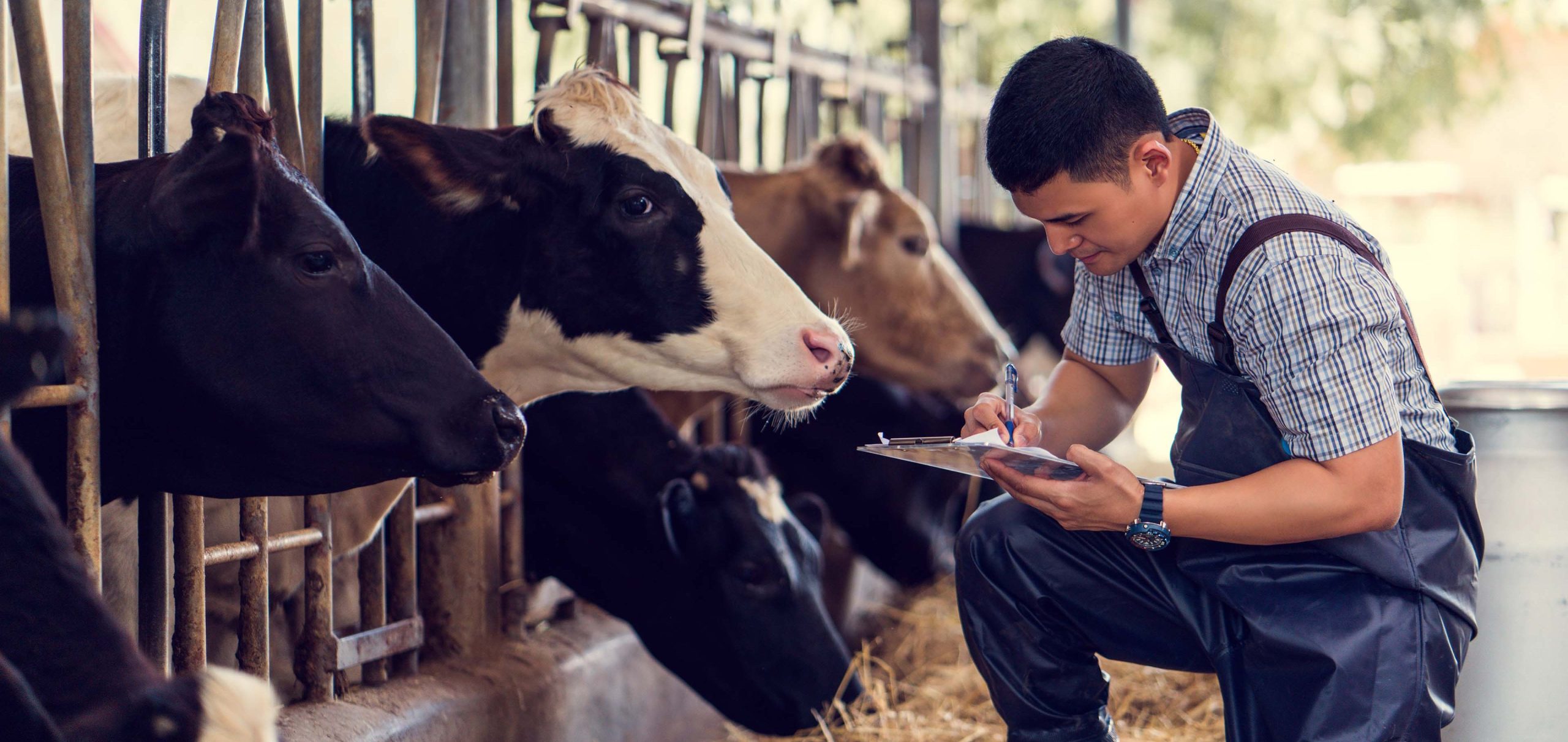Veterinary Technology
Associate in Applied Science
Acceptance into the veterinary technology program is on a competitive basis. Successful completion of the application requirements and interview does not guarantee acceptance into the Veterinary Technology Program. Students who are not accepted will be placed into the Liberal Studies – Pre-Veterinary Technology program. Upon acceptance into the Veterinary Technology program, students will receive an acceptance letter listing their start date.
Our Veterinary Technology Associate’s degree gives students the animal healthcare and management skills to thrive in veterinary practice. Students will gain a foundation of essential knowledge, clinical techniques, attitude, and behaviors in the veterinary field. Students who successfully complete the program will be able to sit for the National Veterinary Technician Examination to acquire registration, certification, or licensure.
-
The Fall 2024 Application is Closed. The Fall 2025 Application is Coming Soon.
-
Our Veterinary Technology program is accredited by the American Veterinary Medical Association (AVMA).
-
Program tracks
Full-time
-
Estimated degree completion time
4 semesters, 68 credit hours
-
Our third-party servicers currently require masking for those without the COVID-19 vaccination.
Degree questions, answered.
Have questions about the Veterinary Technology program? Fill out this form and we’ll get in touch with you.

"*" indicates required fields
Admissions Requirements
- Complete the YCCC application for admission (Apply Now!)
- High School Diploma or General Equivalency Diploma (GED)
- High school students can submit a current transcript but must provide GED/diploma before August 1st
- High School Biology with lab (grade of C or higher) **
- High School Chemistry with lab (grade of C or higher) **
- College-level placement in English and Math
- Proof of State of Maine immunization records
- A rabies vaccine is required before beginning clinical classes. The rabies vaccine cost is the student’s responsibility and costs approximately $1500 for the series. (Please do not get your rabies vaccine until you have been accepted to the program.)
It is the applicant’s responsibility to supply all of the above documents. Math and Science prerequisites must be completed within seven years (January 1, 2017 to May 31, 2024.) All prerequisites for Fall 2024 applicants need to be completed by February 1, 2024.
Courses
Program instruction combines theory with practice. Classroom and lab experiences address animal anatomy and physiology; and animal medicine, nutrition, and pharmacology. Additionally, students benefit from external partnerships and clinical experiences, ensuring a strong foundation in veterinary technology with both small and large animals.
Learning outcomes
Graduates will be able to:
- Demonstrate effective written, oral, and electronic-based communication skills in a veterinary setting with clients and co-workers.
- Apply critical thinking and problem-solving skills in the evaluation of animal health concerns while remaining ethical and responsible for the involved patients.
- Demonstrate a personal commitment to lifelong learning relative to the field of Veterinary Technology.
- Implement standard operating procedures for the practice of care and handling of animals, public health and safety concerns, medical and surgical assisting, anesthesiology, diagnostic imaging and clinical laboratory procedures.
- Perform with proficiency all required skills assigned by the American Veterinary Medical Association Committee for Veterinary Technician Education and Activities (AVMA-CVTEA).
| Veterinary Technology Program Data | |
| Pass Rates | July 1, 2023 – Jun 30 -2023 |
| Number of first-time candidates that have taken the VTNE | 37 |
| Three-year VTNE pass percentage | 59.46% |

Careers
Graduates of this program who complete all Essential Skills will be eligible to take the Veterinary Technician National Exam. Graduates may find employment opportunities in veterinary practices, farm animal medicine, shelter medicine, research laboratories, the pharmaceutical industry and government regulatory bodies.
What Someone Working in the Field Has to Say
YCCC Career Spotlight
Veterinary TechnologyJoin YCCC and Dave Dion as he shares his journey in the field of Veterinary Technology.
Meet the Faculty
-

Julie Bodkin
Department Chair Veterinary Technology
Dr. Bodkin started her career as a volunteer/kennel staff member and worked her way up to veterinary technician prior to attending veterinary school. Dr. Bodkin worked at Becker College and also worked at two small animal hospitals around Boston from 2013 to 2020. She grew up in Quincy, MA and currently resides there with her husband and their 12-year-old terrier Dixie. In her spare time, she enjoys hiking, cooking, and cheering on the Pats, Celtics.
-

David Dion
Adjunct Faculty
Dave graduated in 1983 from Newbury College, Brookline MA with a degree in Animal Health Technology. Following graduation he worked in small animal veterinary practice in Massachusetts until relocating to Gettysburg Pennsylvania in 2000. After returning to New England in 2004, he began teaching in the Veterinary Technology and Animal Care degree programs at Becker College in Worcester, MA. He then worked as lab instructor/imbedded tutor and curriculum developer at Mount Wachusett Community College in Gardner, MA Ma following the closure of Becker in 2021. Dave joined YCCC in spring of 2022. When not teaching, he enjoys time with grandchildren, two canine friends, one feline friend, one leopard gecko and a newly acquired flock of chickens and an occasional fishing trip with family & friends.

